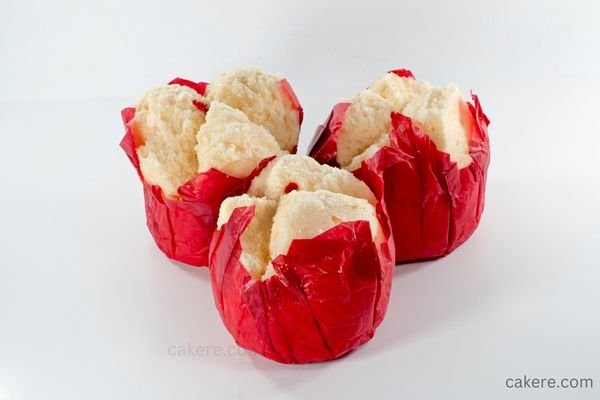Baking a cake can be a fun and delicious experience, but sometimes a recipe calls for ingredients you don’t have on hand. One of the most common ingredients in cake recipes is all-purpose flour, but what if you’re out of it?
In this article, we’ll explore the best substitutes for all-purpose flour in cake recipes, so you can keep baking no matter what.

Alternative Flours for Substituting All-Purpose Flour in Cake Recipes
If you’re looking for a substitute for all-purpose flour in your cake recipes, you’re in luck.
There are a number of alternative flours that can be used in place of all-purpose flour, each with its own unique flavor and texture. Here are some of the most popular substitutes:
- Gluten-Free Flours: Gluten-free flours, such as almond flour, coconut flour, and rice flour, are perfect for those with gluten sensitivities or celiac disease. These flours are naturally gluten-free and can be used as a 1:1 substitute for all-purpose flour in cake recipes.
- Nut-Based Flours: Nut-based flours, such as hazelnut flour and chestnut flour, add a rich, nutty flavor to cakes. These flours are denser than all-purpose flour, so you may need to use less in your recipe.
- Whole Grain Flours: Whole grain flours, such as whole wheat flour and spelt flour, add a nutty, earthy flavor to cakes. These flours are denser than all-purpose flour and can affect the texture of your cake, so be sure to follow the recipe closely.
How to Use Alternative Flours in Your Cake Recipes
Using alternative flours in your cake recipes can be a little bit tricky, but with a few tips, you can bake the perfect cake every time. Here’s what you need to know:
- Start with a Recipe: Start with a recipe that has been specifically designed for the alternative flour you’re using. This will help you achieve the right texture and flavor for your cake.
- Use the Right Proportion: Alternative flours have different densities and absorption rates than all-purpose flour, so you may need to use less or more in your recipe. Start by using the recommended proportion in the recipe, and then adjust as needed.
- Add Extra Liquid: Some alternative flours, such as coconut flour and almond flour, absorb more liquid than all-purpose flour. To compensate, you may need to add extra liquid, such as milk or yogurt, to your cake batter.
- Be Patient: Alternative flours may take longer to bake than all-purpose flour, so be patient and let your cake bake completely before checking for doneness.
FAQs About Substituting All-Purpose Flour in Cake Recipes
The best substitute for all-purpose flour in cake recipes depends on your individual preferences and dietary restrictions. Gluten-free flours, such as almond flour and coconut flour, are great for those with gluten sensitivities, while nut-based flours, such as hazelnut flour and chestnut flour, add a rich, nutty flavor
